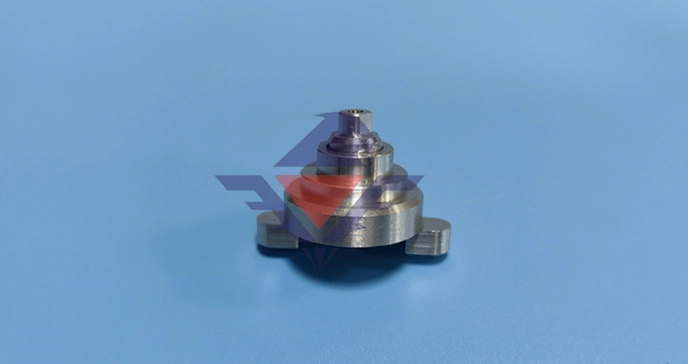Precision Swiss Screw Machining for Complex Components

# Precision Swiss Screw Machining for Complex Components
## The Evolution of Swiss Screw Machining
Swiss screw machining has revolutionized the manufacturing industry with its ability to produce highly precise and complex components. Originating in Switzerland during the late 19th century for watchmaking, this technology has evolved to meet the demands of modern industries requiring tight tolerances and intricate geometries.
## Understanding Swiss Screw Machining
Unlike conventional lathes, Swiss screw machines feature a sliding headstock that moves the workpiece through a guide bushing. This unique design provides exceptional support to the material being machined, allowing for:
– Superior precision in small diameter parts
– Reduced vibration during operation
– Ability to machine long, slender components
– Excellent surface finishes
## Key Advantages for Complex Components
Swiss screw machining offers several distinct benefits when manufacturing intricate parts:
### 1. Exceptional Precision
The guide bushing system enables tolerances as tight as ±0.0002 inches (0.005mm), making it ideal for medical devices, aerospace components, and electronics.
### 2. Multi-Axis Capabilities
Modern CNC Swiss machines often incorporate multiple axes (up to 13) and live tooling, allowing complete machining in a single setup.
### 3. Material Versatility
These machines can handle various materials including:
• Stainless steels
• Titanium alloys
• Brass and copper
• Plastics
• Exotic metals
## Industries Benefiting from Swiss Machining
Several sectors rely on Swiss screw machining for their critical components:
### Medical Device Manufacturing
The medical industry requires extremely precise components for surgical instruments, implants, and diagnostic equipment. Swiss machining delivers the necessary accuracy and repeatability.
### Aerospace Applications
Aircraft and spacecraft components demand tight tolerances and high reliability. Swiss machines produce fuel system parts, fasteners, and sensor components that meet stringent aerospace standards.
### Electronics and Microtechnology
The electronics industry benefits from Swiss machining’s ability to produce miniature connectors, pins, and other small-scale components with exceptional precision.
## Choosing the Right Swiss Machining Partner
When selecting a Swiss machining provider, consider these factors:
– Experience with your specific industry requirements
– Quality certifications (ISO, AS9100, etc.)
– Material expertise
– Secondary processing capabilities
– Quality control processes
## Future Trends in Swiss Machining
The Swiss screw machining industry continues to evolve with:
Keyword: Swiss Screw Machining
– Increased automation and robotics integration
– Advanced tooling materials and coatings
– Smart manufacturing technologies
– Improved machine monitoring systems
– Enhanced software for complex programming
As manufacturing demands grow more sophisticated, Swiss screw machining remains at the forefront of precision component production, offering solutions for even the most challenging design requirements.